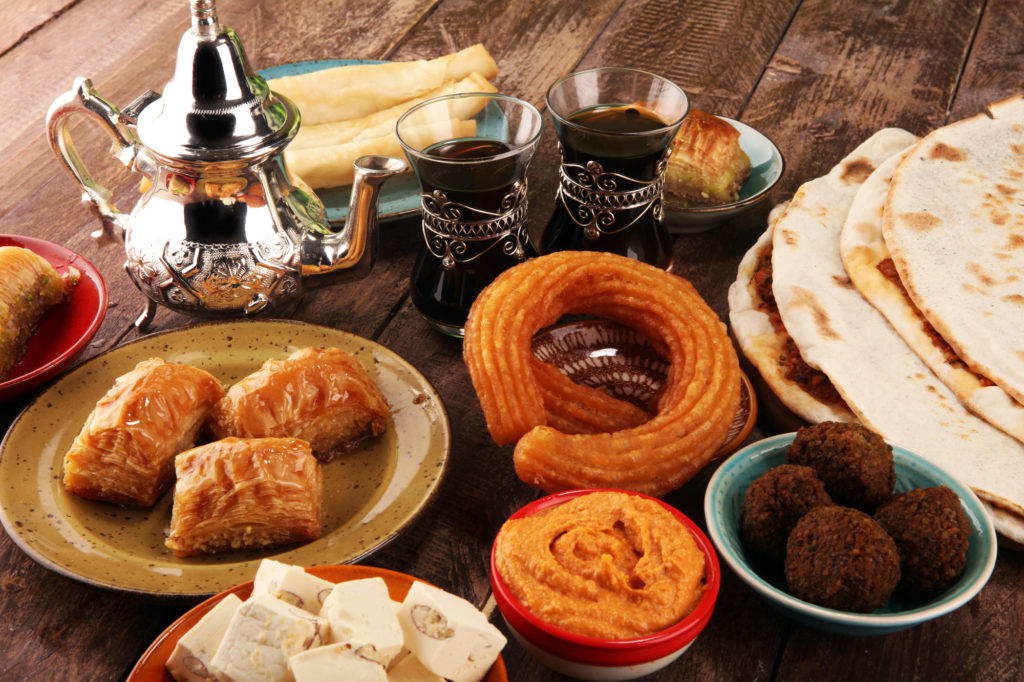If you’re a person who puts a lot of thought into religious matters, then you may have heard of halal diets. Halal diets, in a nutshell, are those that revolve around Islamic dietary restrictions that are in place. These laws essentially determine which foods are under the halal classification. These food items are suitable for consumption by individuals who are Muslim. Muslims are in no way, shape or form permitted to take in food items that are part of the Haram sector. These foods are all strictly off-limits, period.
If Islamic law states that a food item is clean or untarnished, then it can receive halal status. Foods that are thought to be detrimental to wellness or health are not halal.
The Various Diverse Advantages of Following Halal Diets
People who are thinking seriously about following halal diets should learn about all of the advantages that are sometimes associated with them. There are quite a few of them. Diets that are halal in classification are thought to be able to enhance the metabolism greatly. That’s how they may be able to enhance health in general. Nutritious ingredients can do so much for the human metabolism. They can endorse optimal weight, first of all. They can endorse the operations of the brain and the immune system. They can even be helpful for metabolic applications of all sorts. If you want to be able to take full advantage of your cognitive abilities, then taking the halal diet route may be right up your alley.
Slaughter requirements that abide by Islamic guidelines are not the same as many others are. They call for full elimination of blood from the body of animals. This can lead to meat that’s markedly fresher. It can lead to meat that’s devoid of questionable bacteria as well. People who want to relish meat that has smooth textures often are big fans of halal dietary approaches.
There are many individuals who prefer the flavors that are associated with meats that are halal. Blood that is present inside of meat has the ability to deteriorate noticeably. That’s how it can potentially wreak havoc onto flavoring. This kind of meat is nowhere near as rough and chewy. Since this meat is devoid of blood, it can stop the emergence of bacteria.
People who are halal diet devotees do not take in any kinds of alcoholic beverages at all. This can be a major health boon. That’s because alcoholic drinks have the ability to impact human wellness. These drinks can hurt the organs significantly. If you want to keep your brain, liver and pancreas in fine working order, then you may want to steer clear of alcohol for the rest of your life. Taking in immoderate amounts of alcohol can make people a lot more susceptible to a medical condition by the name of cirrhosis. Alcohol is also chock-full of calories that can lead to immoderate weight gain and perhaps even obesity.
Halal Diets and Suitable Food Concepts
If you’re preparing to take the halal diet route, then you should put time into figuring out which food items are legitimately part of the category. If you take in poultry that’s domestic, then you can go forward with a halal diet. What are some other examples of food items that are suitable for halal diet devotees? You can chow down on shellfish, fish, rabbit, goat, sheep and cattle. Meat enthusiasts generally have zero issues with these diets. These diets are suitable for people who like to take in substantial amounts of fresh vegetables and fruits. If you’re keen on legumes, pulses, eggs and dairy, then you may be good to go with halal foods.
If a creature was not slaughtered using suitable Islamic rituals, then its meat is in no way a halal food item. Muslims should prudently research dietary guidelines prior to dining out.




